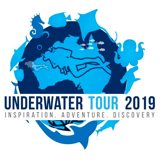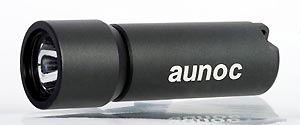- Home
- Directory
- Shop
- Underwater Cameras - Photographic Accessories
- Smartphone Housings
- Sea Scooters
- Hookah Dive Systems
- Underwater Metal Detectors
- Dive Gear
- Dive Accessories
- Diving DVD & Blu-Ray Discs
- Diving Books
- Underwater Drones
- Drones
- Subscriptions - Magazines
- Protective Cases
- Corrective Lenses
- Dive Wear
- Underwater Membership
- Assistive Technology - NDIS
- On Sale
- Underwater Gift Cards
- Underwater Art
- Power Stations
- Underwater Bargain Bin
- Brands
- 10bar
- AOI
- AquaTech
- AxisGo
- Backscatter Underwater Video and Photo
- BLU3
- Cayago
- Chasing
- Cinebags
- Digipower
- DJI
- Dyron
- Edge Smart Drive
- Eneloop
- Energizer
- Exotech Innovations
- Fantasea
- Fotocore
- Garmin
- Geneinno
- GoPro
- Hagul
- Hydro Sapiens
- Hydrotac
- Ikelite
- Indigo Industries
- Inon
- Insta360
- Intova
- Isotta Housings
- Jobe
- JOBY
- Kraken Sports
- LEFEET
- Mirage Dive
- Nautica Seascooters
- Nautilus Lifeline
- NautiSmart
- Nitecore
- Nokta Makro
- Oceanic
- Olympus
- OM System
- Orca Torch
- Paralenz
- PowerDive
- QYSEA
- Scubajet
- Scubalamp
- Sea & Sea
- SeaDoo Seascooter
- SeaLife
- Seavu
- Shark Shield
- Sherwood Scuba
- Spare Air
- StickTite
- Sublue
- Suunto
- SwellPro
- T-HOUSING
- Tusa
- U.N Photographics
- Venture Heat
- XTAR
- Yamaha Seascooter
- Youcan Robot
Christmas Island crab colony faces extinction
CHRISTMAS Island's world-famous red crabs are facing extinction, along with many other unique species, according to an authority on the island's environment. Dr Laurie Corbett said billions of tiny ants that could kill a crab in two hours had halved the crab population over the past 10 to 15 years and could, within a few years, threaten the species with extinction.
Wildlife-watchers and documentary makers from around the world are due on Christmas Island shortly to observe the annual migration of the crabs to the ocean from the island's rainforests.
Dr Corbett said the catastrophic decline in crab numbers on the island, from an estimated 120,000 in the 1990s to 50,000-60,000 today, was caused by the spread of yellow crazy ants, an introduced species that most probably arrived on the island decades ago on imported timber products.
"Crazy ants spray formic acid when the crabs disturb them. This acid initially blinds the crabs, then within a couple of hours they will begin foaming at the mouth and then die within 48 hours,'' he said.
"The ants then eat the dead crab.''
Dr Corbett said that if crab numbers fell below 40,000, the colony could become unviable and face extinction.
Christmas Island is the only place in the world where the crabs are found.
Aerial and ground baiting programs carried out by the National Parks Authority since 2002 have failed to stop a population explosion of ants, which Dr Corbett said had formed super colonies.
"Super colonies have ant populations of more than 1000 ants a square metre,'' he said.
"Once the ants reach these sorts of densities, they are almost impossible to eradicate.
"The problem with poisoning the ants is that it not only kills the ants, it does unknown harm to other species and, so far, it hasn't stopped the spread and growth of the ant colonies.''
Dr Corbett said many other unique native animals, including the Christmas Island frigatebird and Abbot's booby bird, were also threatened with extinction from competition and by falling prey to more than 20 introduced species. These ranged from feral cats and chickens to giant African snails.
Dwindling numbers of native species could also dash hopes of an eco-tourism industry for the island after the inevitable closure of its only industry, phosphate mining.
Christmas Island Phosphate, which operates the mine, is locked in a legal battle with the Federal Government over an application to extend its mining lease and the life of the mine.
From Perth Now:
http://www.news.com.au/perthnow/story/0,21598,22814459-2761,00.html
![]() Contributed by Tim Hochgrebe added 2007-12-17
Contributed by Tim Hochgrebe added 2007-12-17
![]() Login or become a member to join in with this discussion.
Login or become a member to join in with this discussion.

 Fantasea Australia
Fantasea Australia
Fantasea Line is an international company that has been involved in diving, water sports and photographic industries for nearly 40 years.
Shopfront
-
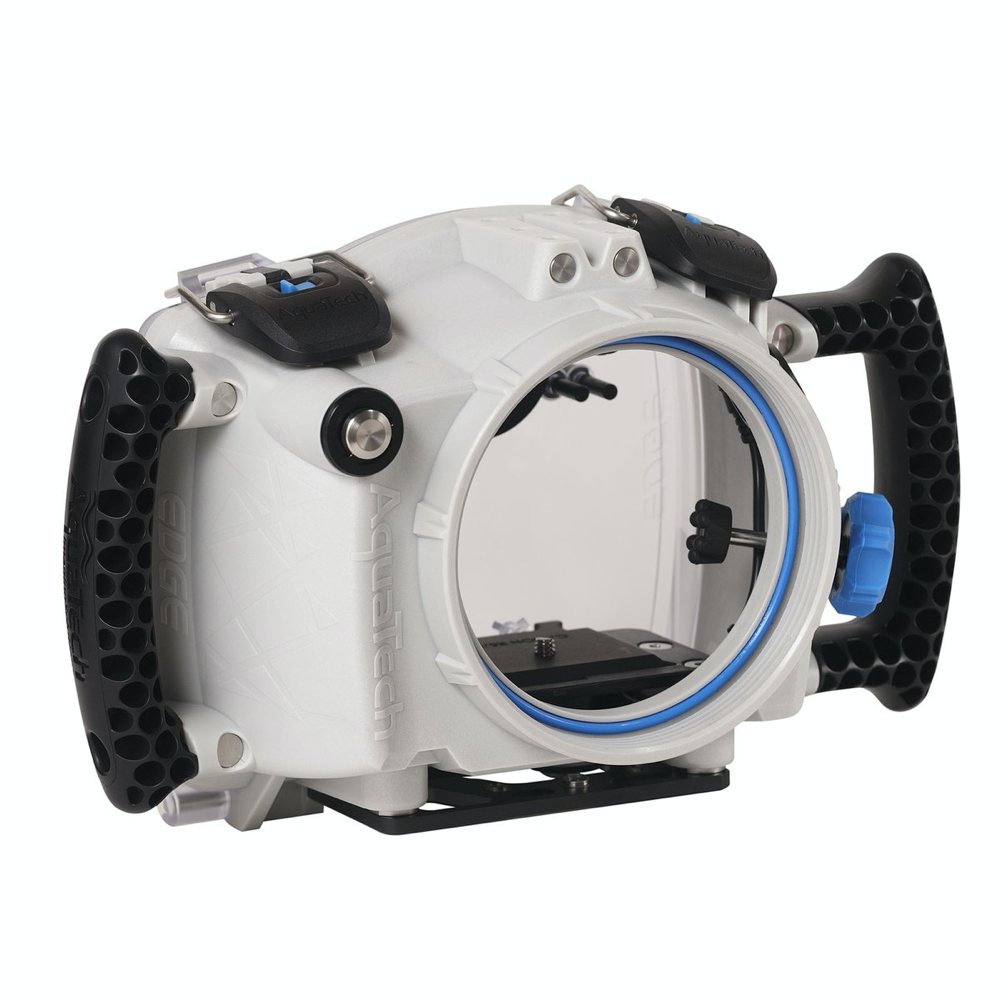 AquaTech EDGE Pro Camera Water Housings - Fujifilm mirrorless
AquaTech EDGE Pro Camera Water Housings - Fujifilm mirrorless
- Price A$ 2,149.00
-
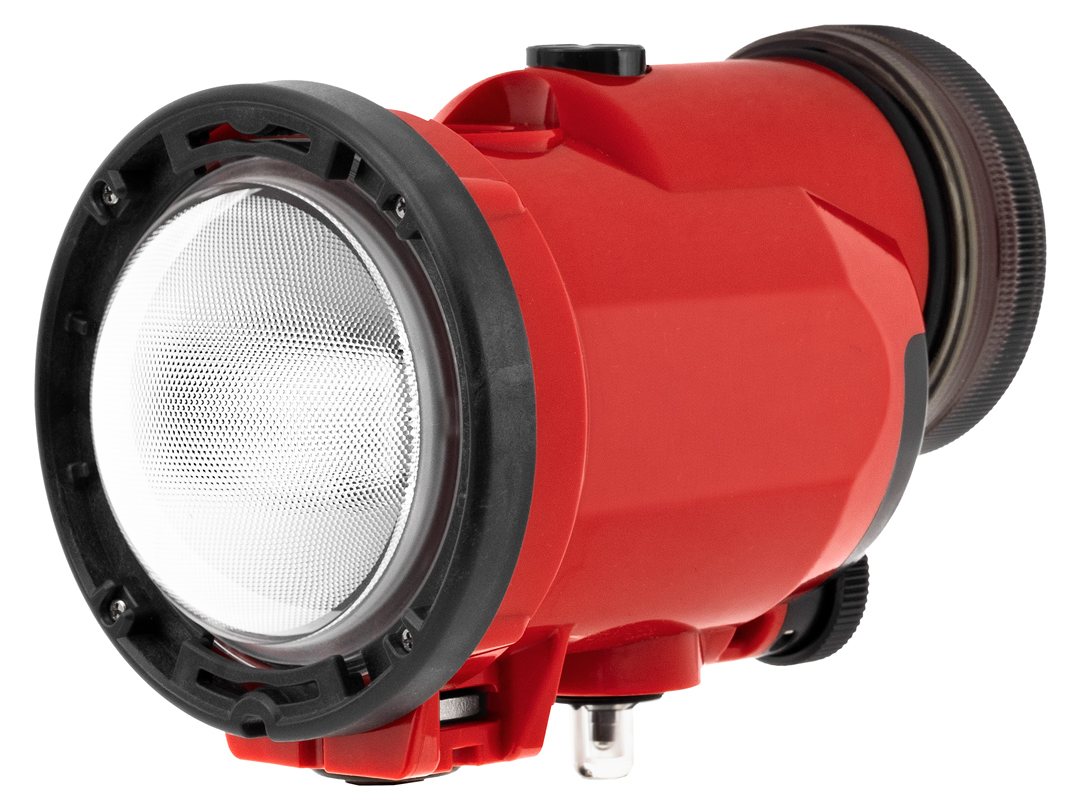 Inon S-220 Underwater Strobe
Inon S-220 Underwater Strobe
- Price A$ 749.00
-
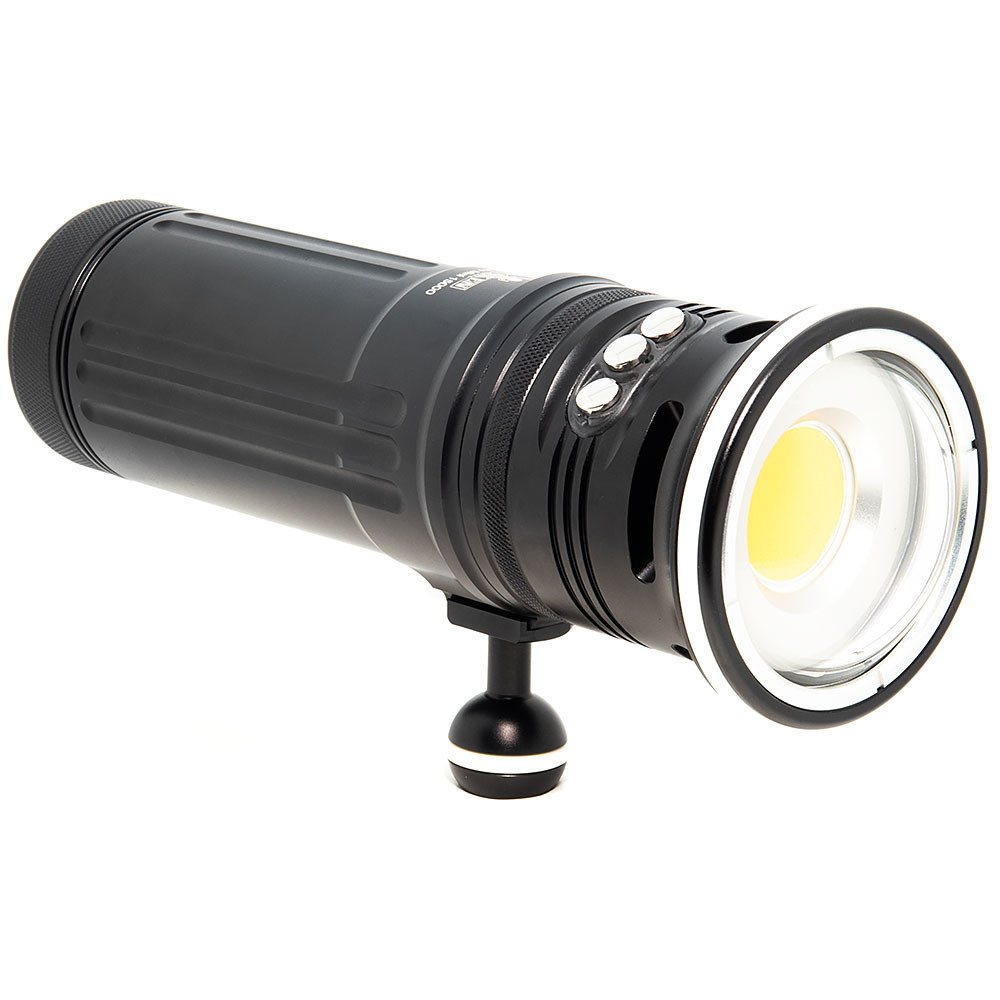 Kraken Sports Solar Flare Mini 18000 Underwater Video Light
Kraken Sports Solar Flare Mini 18000 Underwater Video Light
- Price A$ 1,149.00
-
 Sublue Vapor - Pump-Jet Underwater Scooter
Sublue Vapor - Pump-Jet Underwater Scooter
- Price A$ 4,999.00
-
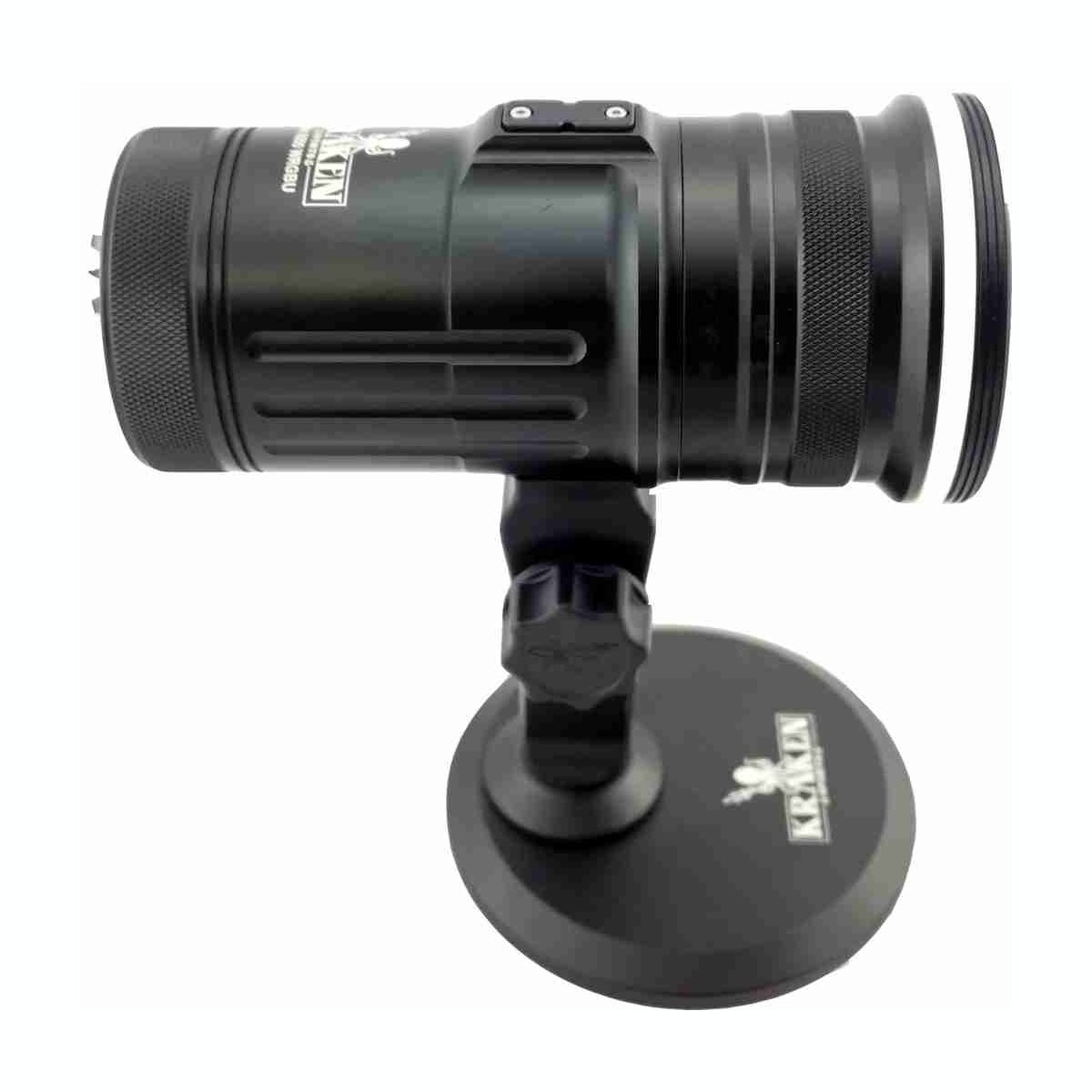 Kraken Hydra 8000 WRGBU
Kraken Hydra 8000 WRGBU
- Price A$ 1,129.00
-
 Sealife Sea Dragon Flash - Strobe
Sealife Sea Dragon Flash - Strobe
- Price A$ 699.00
-
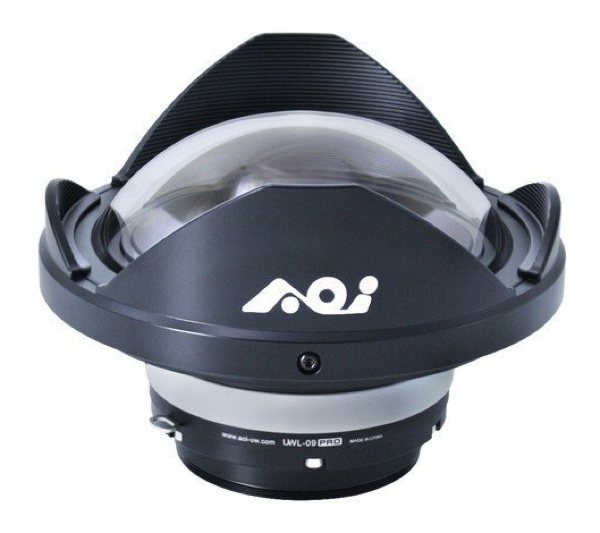 Fantasea AOI UWL-09 Pro - Super Wide Angle PRO Glass Wet Lens
Fantasea AOI UWL-09 Pro - Super Wide Angle PRO Glass Wet Lens
- Price A$ 1,649.00
Articles
-
 If Looks Could Kill
If Looks Could Kill
- If looks could kill, the whale shark would be the most deadly creature in the sea. Up to 14 metres in length, weighing as much as 20 tonnes, and sporting hundreds of teeth, it is outclassed in size only by the true whales.
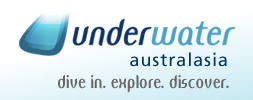


 Fantasea FRX100 VA Vacuum Underwater Housing for Sony RX100 III / IV / V / VA
Fantasea FRX100 VA Vacuum Underwater Housing for Sony RX100 III / IV / V / VA

